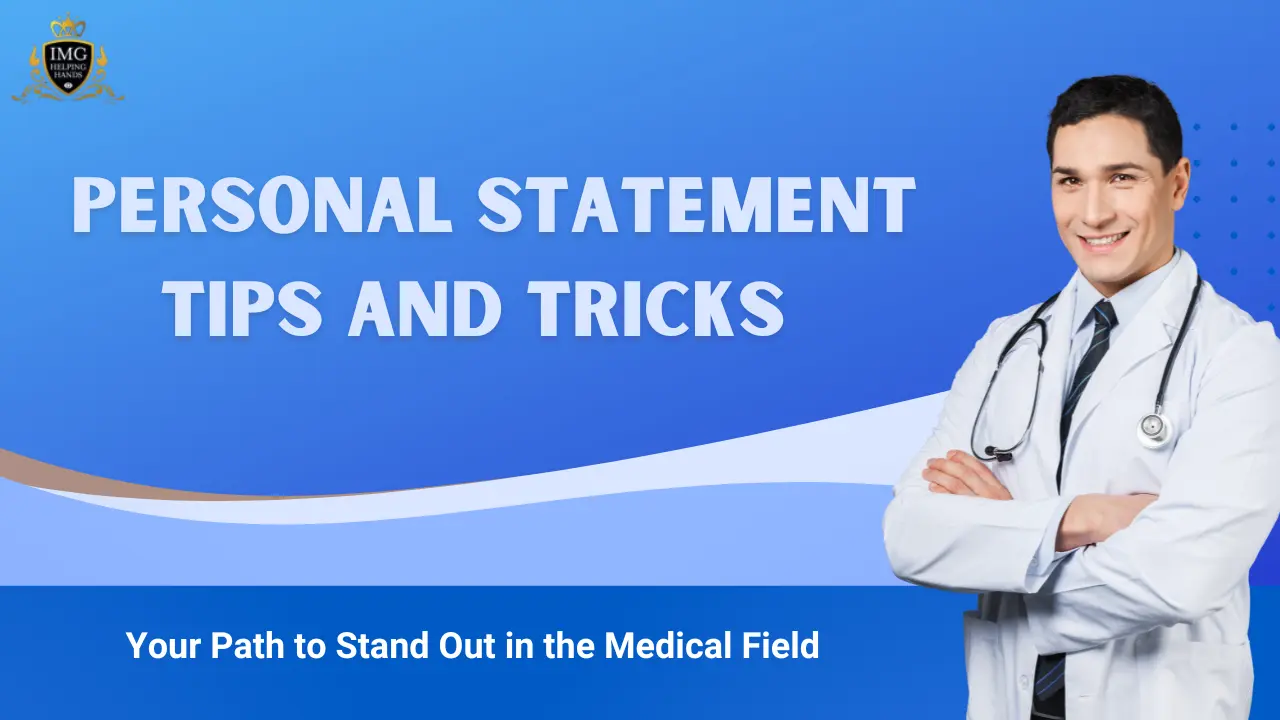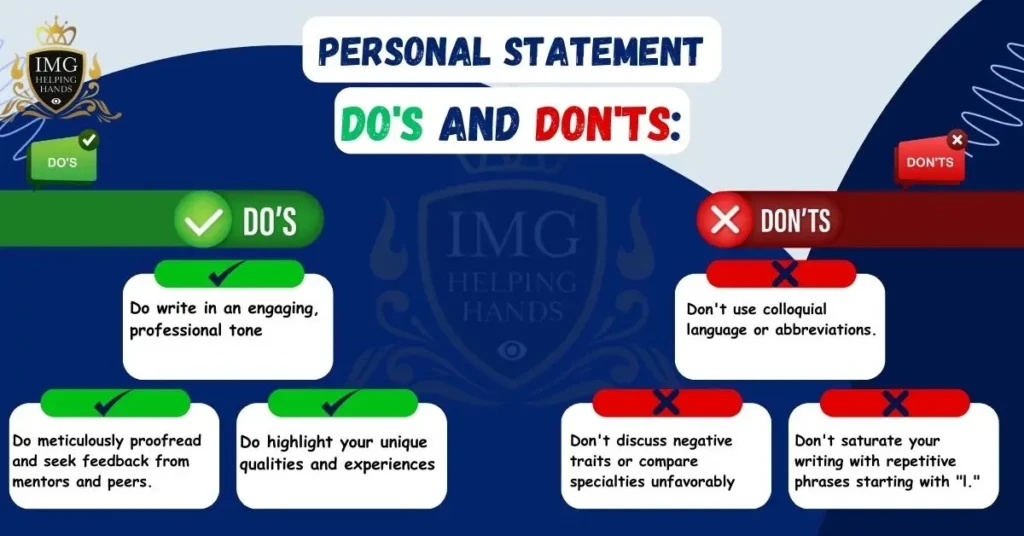
Protected: EXCLUSIVE LIST OF INTERVIEW QUESTIONS FOR “MATCH”TIPS AND TRICKS TO ACE YOUR INTERVIEW!
There is no excerpt because this is a protected post.

Your residency personal statement isn’t just about gaining acceptance; it’s about painting a vivid picture of your journey. Throughout your residency, you’ll experience a spectrum of emotions, from laughter to tears, and forge bonds with a medical family that values collaboration and harmony. In the grand tapestry of your medical career, the personal statement acts as a bridge—a bridge connecting your past experiences to your future aspirations. It’s an opportunity to resonate with admissions committees, showcasing your dedication, individuality, and unwavering passion for medicine. Thus, your personal statement becomes a canvas to showcase your compatibility with this dynamic environment.
In some corners of the globe, the concept of a “Personal Statement” might be unfamiliar. However, in the US, this essay holds tremendous power in shaping your application. It’s the gateway to stepping beyond scores and formal qualifications, offering program directors an intimate glimpse into who you are as a future colleague and contributor to their community.
Dive into these expert tips to ensure your personal statement shines brightly among the sea of applications.
Your personal statement hinges on expressing deep interest in your chosen specialty. Move beyond clichéd templates and delve into your personal experiences that ignited this fascination. Relate these experiences to specific aspects of the specialty that resonated with you personally. Your goal is to make your interest evident and deeply personal, showcasing your journey and why this specialty is your chosen path.
While humility is vital, highlighting your uniqueness is equally crucial. Steer clear of hackneyed terms like ‘hard worker’ or ‘passionate caregiver.’ Instead, weave stories that exemplify your standout qualities. Reflect on life experiences and challenges, sharing stories that demonstrate qualities like resilience, perseverance, and determination. Paint a vivid portrait that sets you apart from the applicant crowd.
Though optional, discussing your ideal program preferences can be advantageous. Express the factors you seek in a residency program, whether it’s comprehensive clinical training, research opportunities, collaborative camaraderie, or other program elements. Tailor this section to match the programs you’re applying to, emphasizing your alignment with their values and offerings.
Your long-term career aspirations provide insight into your residency match. Align your professional goals with the educational philosophy of your target programs. Ensure your goals resonate with their objectives, be it academic practice, research, education, or specialized clinical roles. Showcase the seamless blend between your aspirations and the program’s offerings.
The hobbies and interests section offers a glimpse into your multifaceted personality. Share activities beyond medicine that define you and explain how these pursuits enhance your skills as a future resident. Highlight how lessons from these experiences translate into qualities that will contribute to your success as a physician.
Addressing potential red flags in your CV can be strategic. Explain setbacks or challenges transparently, emphasizing how you overcame them. This showcases your resilience and growth, turning weaknesses into tales of triumph and determination.
Launch your personal statement with a captivating introduction that captures the reader’s attention. Conclude by referring back to the introduction, creating a narrative loop. This showcases your storytelling prowess and maintains reader engagement from start to finish.
If you’re an IMG, elaborate on why you chose the US for training. Highlight factors like education quality, research opportunities, and the enriching experience of practicing in a diverse medical landscape.

Crafting a residency personal statement is an art that demands time, introspection, and expert guidance. Armed with these insights, you’ll create a narrative that encapsulates your journey, aspirations, and unique qualities. Your personal statement will stand as a testament to your brilliance, inviting conversations that showcase your potential as a medical professional. Just like the individual in the photo, crafting your personal statement requires dedication and focus. Let your words resonate with your journey and aspirations, allowing you to shine as a potential candidate for the next step in your medical career
Get our most valuable tips right inside your inbox, once per month!

There is no excerpt because this is a protected post.

There is no excerpt because this is a protected post.
There is no excerpt because this is a protected post.

There is no excerpt because this is a protected post.

There is no excerpt because this is a protected post.

There is no excerpt because this is a protected post.
Payment Methods
Buy with Confidence
© IMG Helping Hands Copyrights 2024